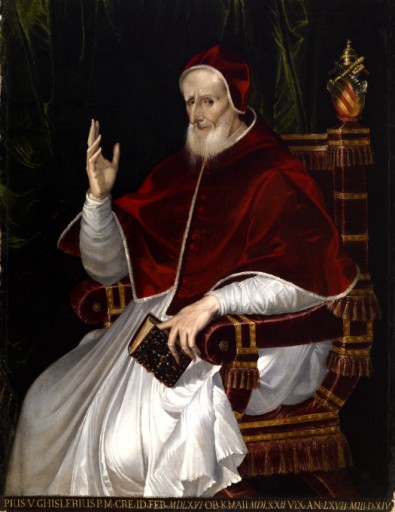I said my rosary with arms extended. At the third mystery the pain was so great that I felt I could not possibly continue; but at each Ave (Hail Mary) I prayed for strength and was able to finish it. This has given me great consolation by showing the many hard things I could do with the help of prayer.
COMMENT: Fr Doyle was greatly devoted to the rosary. It is interesting to read accounts of how the rosary consoled worried soldiers who were facing probable death. He regularly arranged the public recitation of the rosary for the troops, and I have read private accounts of how he would personally say the rosary with soldiers suffering from particularly severe fear, sometimes giving them his own rosary beads as a gift. I have received emails from families who have treasured the rosaries that were given by Fr Doyle to their ancestors who fought in World War 1.
Here is a particularly touching account of a scene he witnessed just a few weeks before his death in the summer of 1917:
There were many little touching incidents during these days; one especially I shall not easily forget. When the men had left the field after the evening devotions, I noticed a group of three young boys, brothers I think, still kneeling saying another rosary. They knew it was probably their last meeting on earth and they seemed to cling to one another for mutual comfort and strength, and instinctively turned to the Blessed Mother to help them in their hour of need. There they knelt as if they were alone and unobserved, their hands clasped and faces turned towards heaven, with such a look of beseeching earnestness that the Mother of Mercy surely must have heard their prayer: ‘Holy Mary pray for us now — at the hour of our death. Amen.’
Today is the feast of Pope St Pius V. He was a zealous Dominican friar and reformer at a tough time in the life of the Church. He was the Pope who encouraged the formation of the “Holy League” to defend Europe from the Ottoman Empire – this resulted in the Battle of Lepanto in which the forces of Christendom were successful. It was a major turning point in European history.
St Pius V is known as the Pope of the Rosary because he encouraged Catholics to pray the rosary for the success of the Holy League. The feast of Our Lady of the Rosary now falls on October 7, the date of the Battle of Lepanto, and it was originally instituted by St Pius V as the feast of Our Lady of Victories.
St Pius V lived at a very difficult time in the life of the Church: he had to deal with grave threats to the unity of Christendom, with the challenge of the Ottoman Empire and with the urgent need for internal reform and renewal within the Church. Perhaps his time was not so different from our own. and had to make many difficult decisions. Let us also remember the importance of the rosary in our own lives as we prepare to commence the month of May, traditionally dedicated to Mary.

